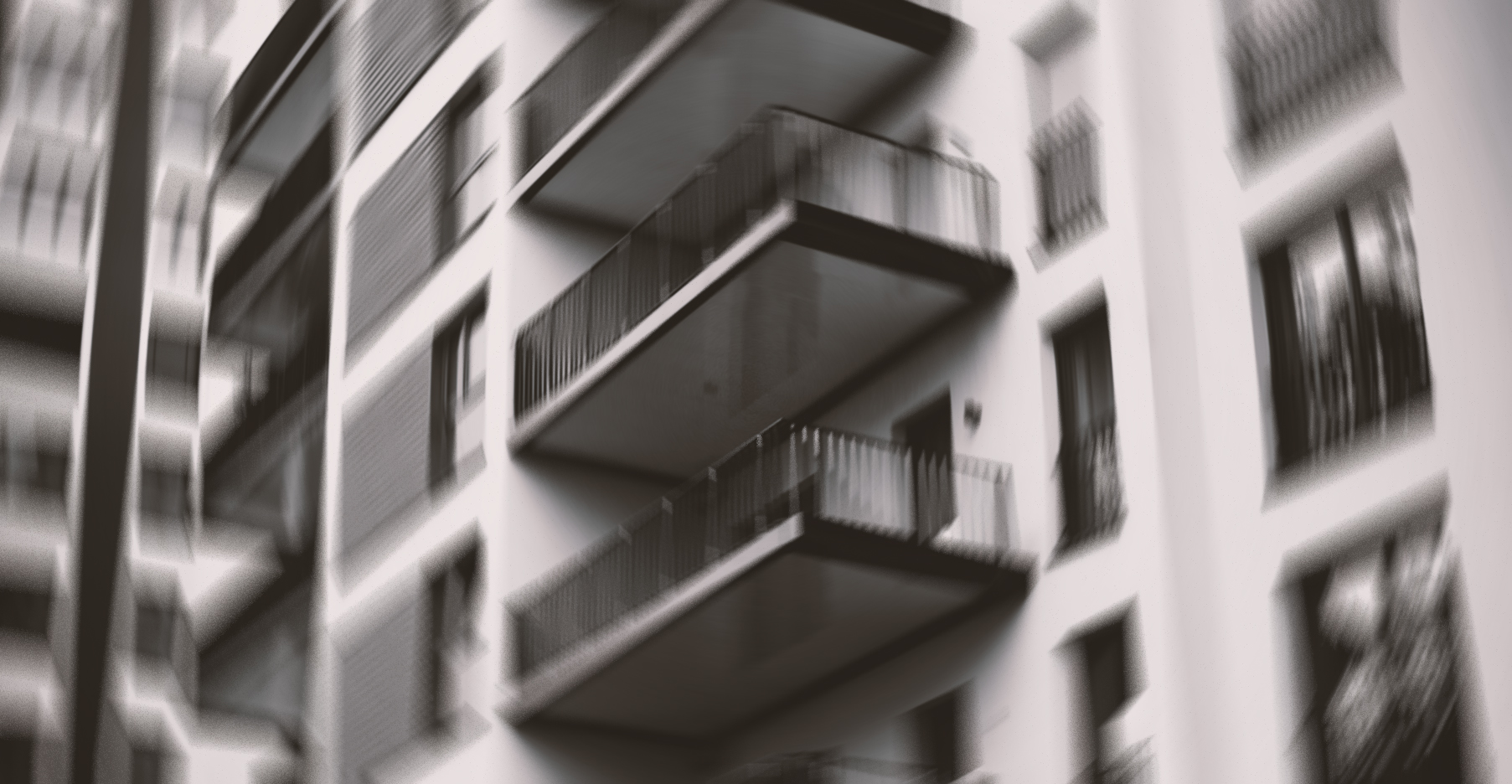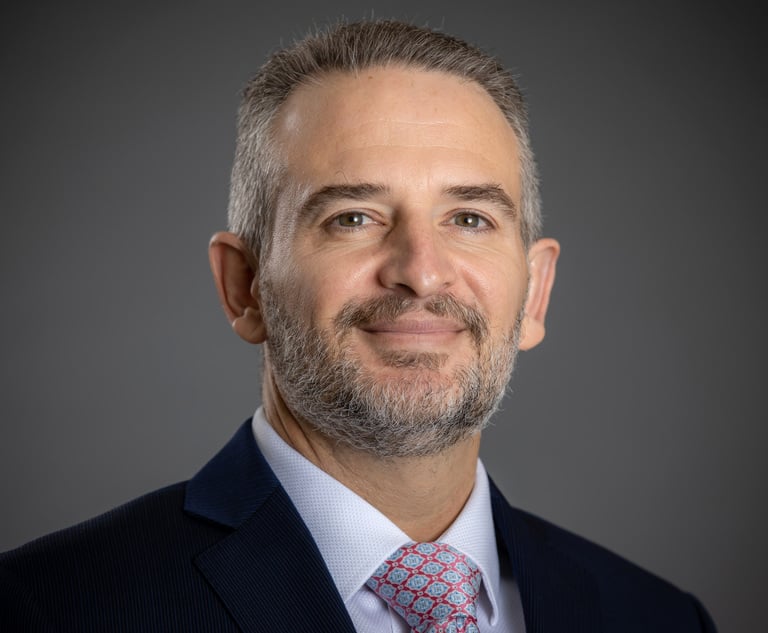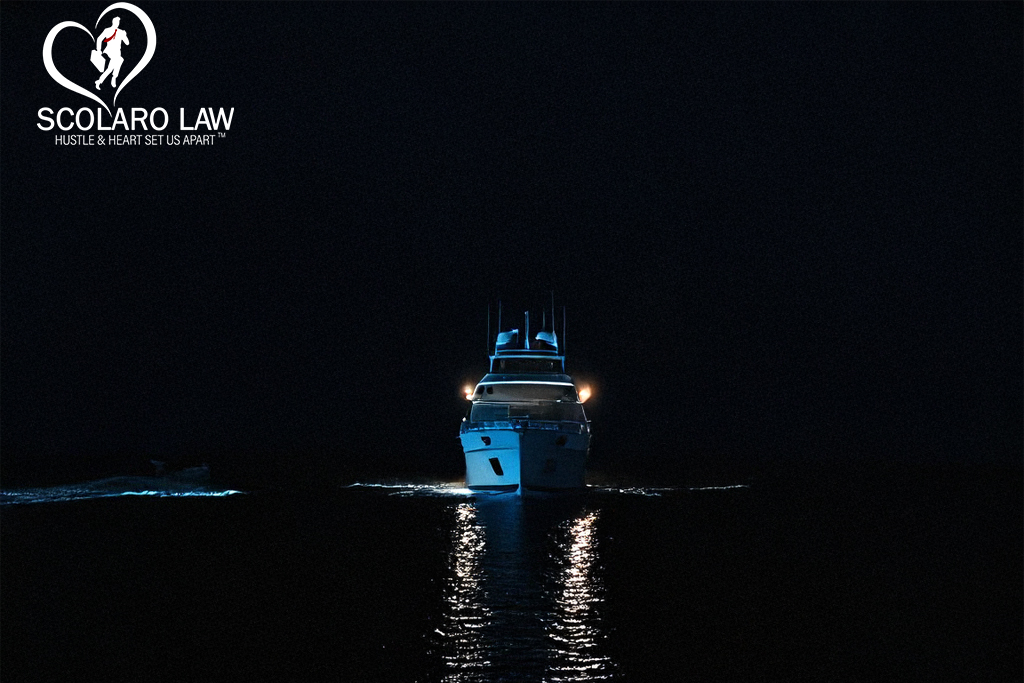
Get Started with a Free Consultation
If you were injured in an incident in Florida, contact us by filling out this form.
"*" indicates required fields
Major Win: $7 Million Settlement in Complex Miami Beach Premises Liability Case
June 13, 2024
a case beyond resolution
In the bustling heart of Miami Beach, a tragic accident left 35-year-old James O’Reilly paralyzed from the waist down after a fall from a friend’s apartment balcony. The railing had given way, leading to a catastrophic spinal cord injury that shattered James’s life. What followed was a complex legal battle, which several firms deemed unwinnable. Yet, with determination and unparalleled expertise, Tom Scolaro navigated the intricacies of this premises liability case to secure a remarkable $7 million settlement.
Unveiling Negligence: A Thorough Investigation
The heart of this case rested in uncovering the extensive negligence and blatant disregard for safety by the property owner. Our firm’s investigation revealed a series of shocking building code violations and a history of perilous shortcuts. It became evident that the owner had consistently prioritized profit over the safety of tenants and guests, resulting in a hazardous living environment.
The Evidence: Gross Negligence and Building Code Violations
Through inspections and legal strategizing, we established a damning trail of evidence. The property owner had repeatedly ignored safety complaints from multiple tenants, many of whom had reported issues with their balconies. Certain balconies were improperly affixed, others were oxidized, and several were dangerously loose. Despite these warnings, the owner opted for superficial, non-compliant repairs instead of addressing the underlying safety concerns.
One tenant highlighted the dangerous state of his balcony, only to be met with a suggestion to have a handyperson patch the base with concrete—a direct violation of building codes. At no point did the owner seek professional assessments or proper repairs, nor did he ever obtain permits or inspections for the work conducted.
Through the discovery process of the case, Tom Scolaro was able to uncover multiple new facts that turned the case on its head. He was able to trace ongoing negligence, if not intentional disregard on the part of the property owner and the property manager. For a period prior to our client’s incident, they ignored complaints, failed to conduct prompt inspections to assess the severity of the dangerous conditions. They failed to notify all tenants and restrict access to the residences’ balconies. They failed to remedy the conditions by hiring a licensed contractor and obtaining necessary permits from the City of Miami Beach’s Building Department. None of this was done. Our client’s tragedy was not an accident, it was willful inaction that cost Mr. O’Reilly his well-being.
Achieving the Impossible: A Landmark Settlement
Despite the overwhelming challenges and his client’s catastrophic injuries, Tom Scolaro’s relentless pursuit of justice yielded a stunning result. Within a mere 14 months, he was able to secure a $7 million settlement for James O’Reilly. This outcome was extraordinary, especially considering the apartment building’s liability insurance coverage was only $1 million. By leveraging our legal acumen and negotiating prowess, we obtained an additional $6 million directly from the insurance carrier.

A Testament to Excellence
This landmark case underscores our firm’s reputation for handling the most complex and daunting personal injury cases. Our ability to evaluate and litigate cases, in ways other well-established personal injury firms do not or cannot, is what separates Scolaro Law from any other personal injury attorney our clients have considered before retaining us. Countless times have we taken on hopeless cases and turned them into triumphant outcomes. This settlement not only ensured our client’s financial security relative to his lifelong medical care and needs, but also stands as a testament to our unwavering commitment to obtaining justice for our clients while never losing sight of the main objective: To secure the best result possible.
Florida Premises Liability Explained
When it comes to premises liability, property owners, managers, and operators in Florida may be held legally responsible in two primary scenarios. Firstly, liability arises if the property owner, manager, employees, or their agents have created an unsafe condition leading to an injury on the premises. Alternatively, if a hazardous condition existed for a sufficient length of time such that it should have been discovered and rectified, the property owner may also be liable. Depending on the property type, this responsibility could involve duties such as inspection, correction, or warning of dangerous conditions or other potential risks like slippery surfaces or tripping hazards. When property owners neglect to address dangerous conditions and an injury occurs, they may be held liable for the resulting harm.
Understanding Duty of Care in Premises Liability
Property owners owe the highest duty of care to business invitees—those entering the premises for commercial purposes. This is because property owners are presumed to have superior knowledge of potential risks and dangers compared to innocent visitors who are there by express or implied invitation for the benefit of the property owner. This duty extends to customers, visitors, guests, and others on the property for the owner’s benefit. Similarly, social guests invited to the premises also fall under this high duty of care.
Furthermore, owners and occupiers must warn invitees and licensees of known or hidden dangers. Failure to do so, resulting in injury, makes the owner responsible for the harm caused. In Florida, there is generally no duty owed to trespassers, though exceptions exist, which our legal team can explain.
Failure to repair or warn of dangerous conditions can lead to various injuries. Issues such as crime in parking lots, poorly lit passageways, loose handrails or balcony railings, and uneven stairs can cause incidents. Additionally, improper flooring and mechanical failures in elevators present significant risks. Negligence in maintaining locks or providing adequate security can expose guests to serious harm from criminal acts. Common hazardous conditions leading to premises liability claims include:
- Inadequate lighting
- Loose handrails
- Uneven stairs
- Slippery floors
- Trip and fall hazards
- Mechanical failures
- Obstructed walkways
- Negligent or inadequate security
- Broken locks or windows
- Criminal acts by third parties
Evaluating Premises Owner Negligence
Under Florida law, the duty of care owed by property owners or operators varies based on the individual’s legal status on the property and the type of premises. This duty differs for apartment complexes, cruise ships, parking lots, grocery stores, department stores, bars, nightclubs, and vacant lots. The property’s nature and use dictate the required safety measures, such as inspection frequency, security protocols, policies, and procedures.
Scolaro Law conducts thorough evaluations, considering the premises’ nature and use alongside specific case factors, including:
- Did the property owner or manager know, or should they have known, about the hazardous condition?
- Could they have taken measures to make it safer?
- Has the dangerous condition occurred before, and if so, how frequently?
- Was the hazardous condition foreseeable or preventable?
- Is more than one party responsible for the incident?
- Were there any other contributing factors involved?
Contact Us
In the world of personal injury law, where many see insurmountable obstacles, we see opportunities to deliver exceptional results. Our dedication to thorough investigation, strategic litigation, and relentless pursuit of justice continues to make Scolaro Law the personal injury authority in handling complex premises liability cases. If you sustained a catastrophic injury while on someone else’s property, do not wait any longer and contact our firm by calling us at (305) 424-2300 or by filling out this online form.

